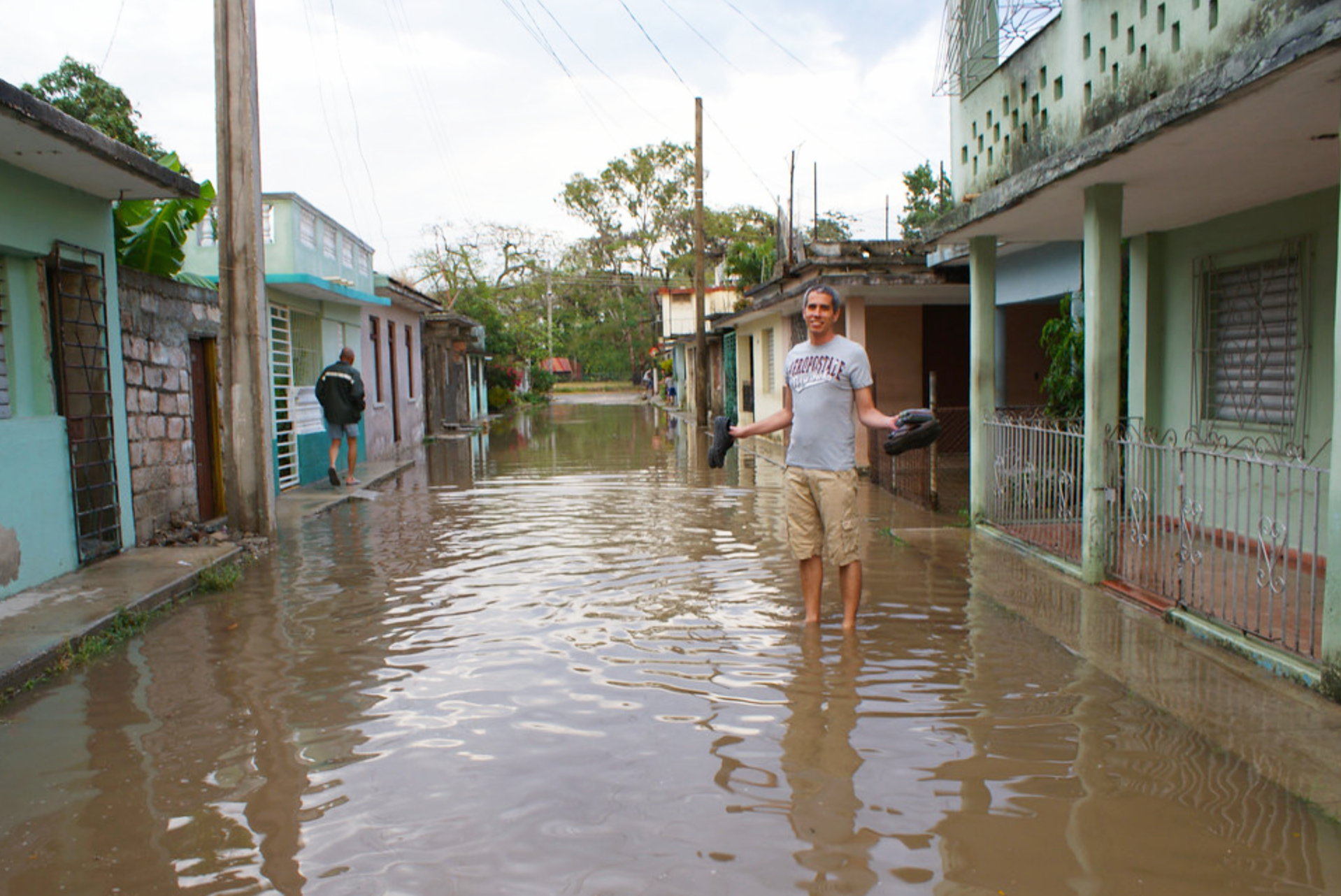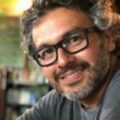The region is experiencing increasingly frequent and violent climatic phenomena. An economic elite is contributing the most to the crisis with carbon emissions while being the least affected by the current climate emergency.
For decades, Latin America has been the most unequal region on the planet. Despite its total emissions representing approximately 8.3% of global emissions, it is highly vulnerable to the impacts of climate change. This is especially evident in strategic areas such as the Amazon and Central America, which are crucial for the control of productive and energy resources. There is a clear asymmetry between emissions and the generation and perpetuation of vulnerabilities in the region.
Research shows that impoverished populations are more vulnerable to the impacts of climate change, while emitting less carbon than higher income groups. Oxfam’s analysis of carbon inequality in 2020 showed that the richest 10% of the world’s population is not only responsible for 46% of emissions growth between 1990 and 2015, but will also use the remainder of the carbon budget by 2030.
Simply acknowledging an unsustainable development model is no longer enough. It is imperative to admit the existence of a climate debt that divides developed countries from impoverished ones. This debt also manifests itself internally within countries, reflecting growing inequality, which is expressed in social and environmental impacts distributed asymmetrically among the population, such as heat waves and droughts. It is also manifested in unequal access to common goods such as water and land. Finally, it is evident in the injustices related to funding and reparations responsibilities. It is time to address these issues head-on.
Asymmetry of impacts
The OCHA Regional Office for Latin America and the Caribbean has insisted that climate events are increasing risks and vulnerability precisely where poverty, inequality, lack of food and violence are concentrated. These aspects, together with factors such as forced displacement and the actions of extractive industries, are affecting the capacity of local populations to prepare for and respond adequately to the current climate emergency. This situation particularly affects women and girls, who also face differentiated risks and aggressions, often aimed at undermining their leadership and the exercise of their rights.
On the other hand, thousands of people suffer from moderate or severe food insecurity in Latin America. Extreme weather events, such as droughts and high temperatures, are impacting crops and soil yields. Hunger in El Salvador, Guatemala, Honduras, and Nicaragua impacted 2.2 million people in 2018 and almost 8 million in 2021. According to the World Food Program this increase was related to the COVID-19 crisis, but also to extreme weather factors. It is worth remembering that the impact of hurricanes Eta and Iota affected around 9 million people and left material damages of approximately one billion dollars in Central American countries and Mexico.
Unequal access to common goods
Access to a vital resource such as water is also seriously affected by the climate crisis. Deforestation, overexploitation, changes in land use, the expansion of urbanization, intensive productive activities (such as industrial agriculture and livestock farming) and mining contribute to water stress in the region. Water stress and the resulting droughts tend to aggravate the inequalities associated with access to water. Research conducted for the period 1970-2019 indicates that around US$28 billion was lost due to droughts in the region. Water stress also has a major impact on energy, as more than half of the region’s electricity comes from hydroelectric plants.
The city of Lima, with a population of more than 10.2 million, is one of the driest cities in the world with rainfall of less than 15 mm per year. It is supplied mainly by the watersheds of the Rimac (where a mining project is currently being developed at the headwaters), Chillon and Lurin rivers, which originate in the snow-capped mountains and glaciers of the Andes Mountains. These rivers have decreased in length by 43% in the past forty years as a result of glacier melting caused by the increase in temperature. Recently, we have experienced water and electricity rationing in major cities such as Bogotá and Quito.
Funding and reparations responsibilities
The Intergovernmental Panel on Climate Change (IPCC) has warned that the impacts of extreme hydro-meteorological events will become more frequent and intense. As a result, losses and damages are increasing exponentially. Crops, infrastructure and even human and animal lives are seeing their livelihoods and rights eroded. Although the Paris Agreement recognizes the importance of avoiding, minimizing and addressing loss and damage, progress to date has been restricted by the limited commitment of developed countries in terms of responsibilities and financing.
Funding — where it has been provided — has been in the form of aid, mainly as insurance, humanitarian support and in the form of loans. But the aid is voluntary, based on charity and often on the self-interest of existing investments or businesses in impoverished countries. We know that many companies and enterprises in developed countries use various mechanisms of “corporate responsibility” to cover up their actions and impacts on the affected territories. The debate around loss and damage defends the need for reparation by developed countries. It is based on the need for the fund adopted in international negotiations and currently under the responsibility of the World Bank to act on a principle of justice: those who have contributed most to the emergency situation are indebted to the countries and communities least responsible and most affected by the current climate crisis.
*Translated by Janaína Ruviaro da Silva from the original in Spanish.













